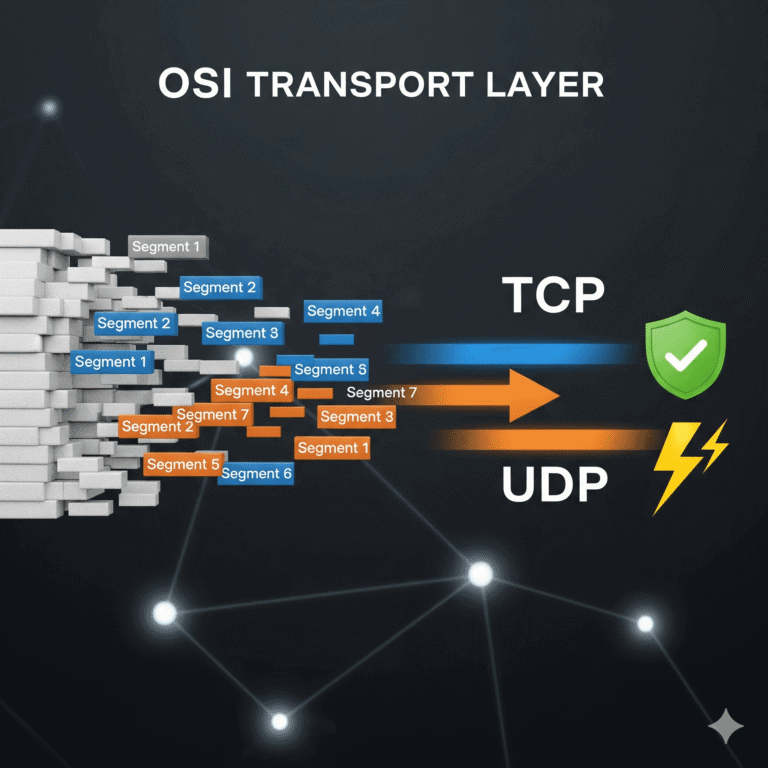In our last guide, we explored the dominant leader of the cloud market, Amazon Web Services (AWS). But the world of cloud computing is not a one-horse race. The fastest growing and most powerful challenger is Microsoft Azure.
Azure is the cloud computing platform from Microsoft, and it has become the backbone for countless businesses, especially large corporations, around the globe. This guide will explain what Azure is, its unique strengths and weaknesses, and the core services you need to know.
What is Microsoft Azure?
Microsoft Azure is a cloud computing platform that offers a vast and ever-expanding collection of services, including computing, analytics, storage, and networking. It allows businesses and developers to build, deploy, and manage applications through Microsoft’s global network of data centers.
The Analogy: Think of Azure as a highly integrated, digital business park. It not only provides the core utilities you need—like server space, storage, and networking—but also offers a rich set of specialized tools that work together seamlessly. This allows you to build and run almost anything you can imagine without needing to own or manage any physical hardware.
Advantages and Disadvantages of Azure
Azure’s design philosophy is deeply connected to the needs of businesses and developers.
Advantages of Azure
- Deep Enterprise Integration: Azure’s greatest strength is its seamless integration with other Microsoft products that businesses have used for decades, like Windows Server, Office 365, and user management systems. This makes it an easy and powerful choice for many companies.
- Strong Hybrid Cloud Capabilities: Azure is a leader in “hybrid cloud” solutions. This allows companies to mix their own private, on-premise servers with the public cloud, which is a huge advantage for established businesses with existing infrastructure.
- Powerful Developer Tools: Azure is highly regarded for its Platform-as-a-Service (PaaS) offerings, which allow developers to build and scale applications quickly without worrying about the underlying server management.
- Global Reach and Trust: As a leading global provider, Azure offers a secure, reliable, and highly available platform trusted by organizations of all sizes.
Disadvantages of Azure
- Complexity and Learning Curve: Like any major cloud platform, the sheer number of services can be overwhelming for a beginner. Navigating the Azure portal and understanding all its capabilities takes time and effort.
- Cost Management: The pay-as-you-go model is a huge benefit, but it requires careful monitoring. A misconfigured service can lead to an unexpectedly large bill if not managed properly.
- Documentation Can Be Inconsistent: While constantly improving, some users find that the documentation for such a vast array of services can sometimes be complex or less straightforward than desired.
A Quick Tour of Core Azure Services for Beginners
You don’t need to know hundreds of services to get started. Most projects are built using a handful of foundational “building blocks.” Here are the most important ones in Azure:
- Azure Virtual Machines (VMs): This is the most fundamental service. Azure VMs are the virtual servers you rent in the cloud to run your applications and workloads. It offers extensive support for both Linux and, of course, Windows Server.
- Azure Blob Storage: This is Azure’s “object storage” service. Think of it as your scalable cloud hard drive for storing massive amounts of unstructured data like images, videos, backups, and log files.
- Azure SQL Database: This is a fully managed relational database service. It’s designed to run popular databases in the cloud and handles all the complex maintenance tasks like patching, backups, and monitoring for you.
- Azure Virtual Network (VNet): This is Azure’s networking service. An Azure VNet is your private, isolated network in the cloud where you can securely launch your resources and have complete control over all inbound and outbound traffic.
Conclusion: The Enterprise Cloud of Choice
Microsoft Azure is a powerful and rapidly growing force in the cloud computing world. Its deep integration with the software that runs most of the corporate world makes it the go-to choice for large businesses and developers. For anyone looking to work in enterprise IT or corporate development, learning Azure is an incredibly valuable skill.
Now that we’ve covered one of the industry’s top players, who else is in the running? In our next guide, we’ll explore What is Google Cloud Platform (GCP)?
Ready to get your hands dirty? Subscribe to CyberTerminal to stay updated!
[INSERT_ELEMENTOR id=”1346″]




